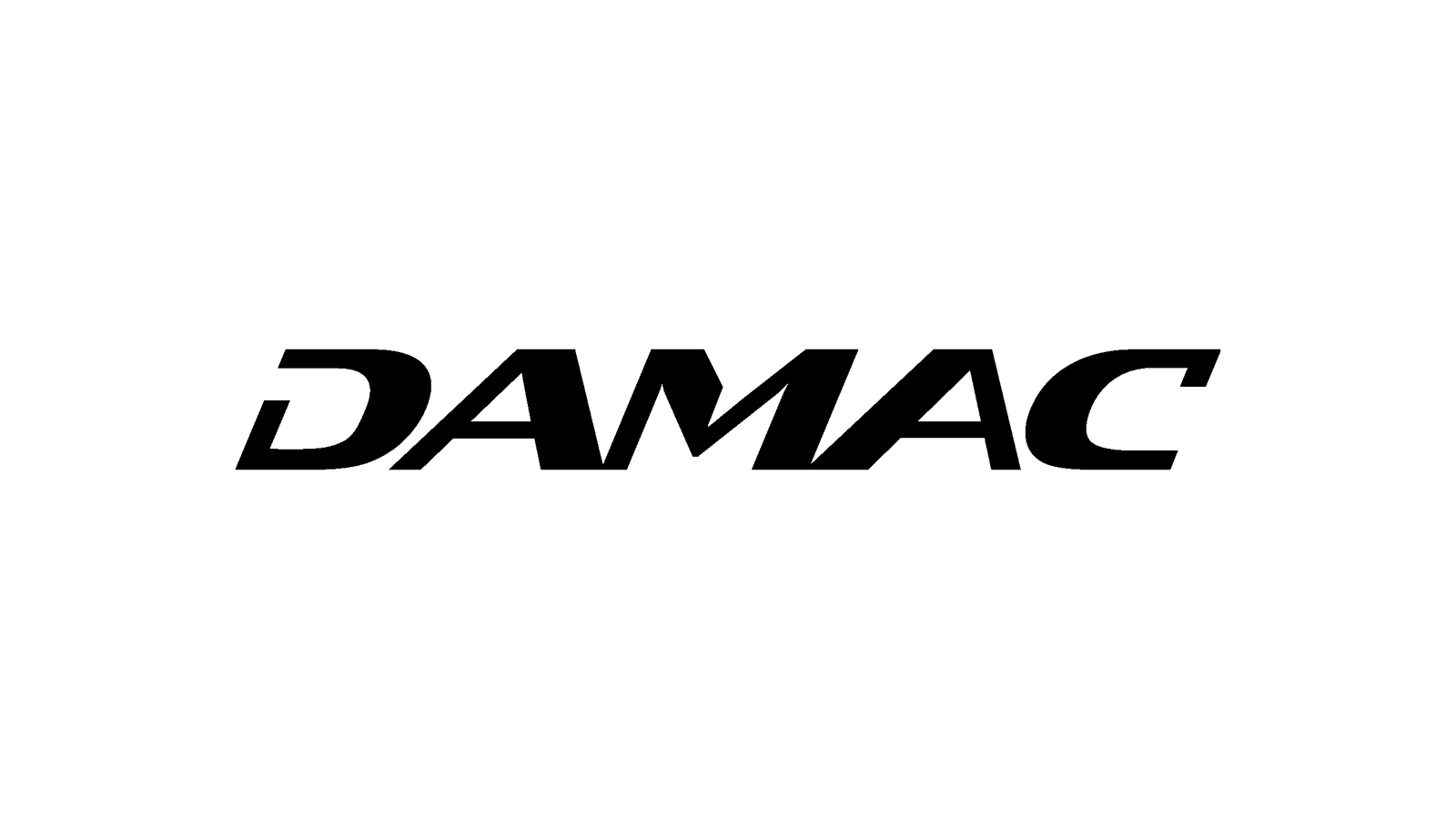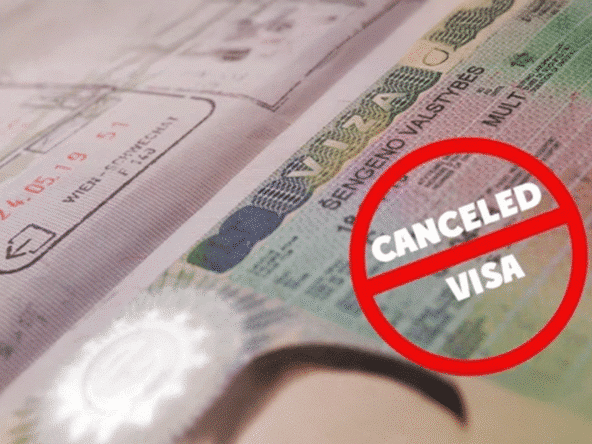So you’ve invested in a beautiful apartment a townhouse or a luxurious villa in one of Dubai’s fantastic communities maybe even in a prestigious DAMAC development like DAMAC Hills or DAMAC Lagoons. Owning property here is exciting but when your home is part of a larger community with shared facilities like pools gyms parks and lobbies there are specific rules and regulations you need to understand. This is where Dubai’s Jointly Owned Property Law often called the Strata Law comes in.
Think of it this way you own your specific unit your apartment or villa but you also share ownership and responsibility for the common areas with all the other property owners in your building or community. The Strata Law is essentially the rulebook that governs how this shared ownership works ensuring everything runs smoothly and fairly for everyone involved.
Understanding this law is absolutely crucial whether you’re a current owner or considering purchasing in one of these vibrant communities. It affects your rights your obligations and how the community itself is managed.
The Evolution of the Law A Step Towards Clarity
Dubai has had regulations for jointly owned properties for a while. The primary law used to be Law No. (27) of 2007. However recognizing the need for greater transparency better regulation and a clearer framework to protect owners and enhance the real estate market the government introduced Law No. (6) of 2019 Concerning Ownership of Jointly Owned Real Property in the Emirate of Dubai.
This newer law repealed the old one and brought significant updates aiming to streamline processes clarify roles and strengthen the regulatory oversight especially by the Dubai Land Department (DLD) and the Real Estate Regulatory Agency (RERA). It was a big step towards making community living governance more effective and owner-focused.
Key Concepts You Need to Know
Before diving deeper let’s break down some important terms you’ll encounter:
- Jointly Owned Property: This refers to the entire development including the individual units and all the common areas.
- Unit: This is your specific property the apartment villa or townhouse you own within the jointly owned property.
- Common Areas: These are all the parts of the development that are not individual units but are used and enjoyed by all owners. This includes things like building structures lobbies hallways elevators stairwells swimming pools gyms landscaped gardens roads walkways parking areas and utilities infrastructure serving the whole community.
- Owner: That’s you the legal titleholder of a unit within the jointly owned property.
- Master Developer: This is the original developer of the entire community or building complex for instance DAMAC Properties is the master developer for areas like DAMAC Hills. They have ongoing responsibilities especially regarding the overall master community.
- Management Entity: Under the 2019 law RERA licenses professional management companies responsible for the day-to-day operation maintenance and management of the common areas.
- Owner Committee: This replaces the older concept of an “Owners Association”. It’s a committee appointed by RERA made up of a small number of owners elected to represent the interests of all owners and liaise with the Management Entity and RERA.
- Jointly Owned Property Declaration (JOPD): This is a crucial legal document registered with DLD. It defines the jointly owned property sets out the boundaries between units and common areas specifies the share of ownership each unit has in the common areas and lays down the basic rules for the community.
- Building Management Statement (BMS): For larger or more complex developments this document complements the JOPD providing detailed rules and regulations for the use and management of common areas specific to a building or phase.
What Are Your Rights and Obligations as an Owner?
Owning property in a jointly owned development comes with both privileges and responsibilities laid out by the Strata Law and the community’s specific JOPD and BMS.
Your Rights Include:
- Full ownership and exclusive use of your individual unit.
- The right to use and enjoy the common areas and facilities as per the community rules and regulations.
- A share in the ownership of the common areas proportional to the size or value of your unit as defined in the JOPD.
- The right to participate in the election of the Owner Committee.
- The right to access information about the management of the common areas including budgets audits and meeting minutes (usually via the Management Entity and Owner Committee).
- The right to propose matters to the Owner Committee for consideration.
Your Obligations Include:
- Paying Service Charges: This is perhaps the most significant obligation. You are legally required to pay your share of the costs for managing operating maintaining and insuring the common areas.
- Complying with Community Rules: You must adhere to the rules and regulations set out in the JOPD BMS and any resolutions passed by the Owner Committee regarding the use of your unit and common areas.
- Maintaining Your Unit: While the Management Entity handles common areas you are responsible for maintaining your own unit’s interior and anything not designated as a common area.
- Contributing to the Reserve Fund: Service charges often include a contribution to a reserve fund used for major repairs or replacement of common area assets (like replacing a roof or upgrading gym equipment) to avoid large one-off costs later.
Understanding Owner Committees and Management Entities
Under Law No. 6 of 2019 the structure for managing jointly owned properties became clearer.
The Owner Committee acts as the voice of the owners. It’s a small group elected from among the owners and their main role is to represent the interests of all owners providing oversight and direction regarding the management of the common areas. They work closely with the appointed Management Entity and serve as a key liaison point with RERA. They don’t handle the day-to-day operations themselves but monitor performance budgets and owner concerns.
The Management Entity on the other hand is a professional company licensed by RERA. They are contracted to handle the actual operational tasks of the community. This includes:
- Collecting service charges from owners.
- Managing the community’s finances (under RERA oversight).
- Organizing and overseeing maintenance and repairs of common areas.
- Ensuring security cleaning landscaping and other services for common areas.
- Enforcing community rules and regulations.
- Handling owner queries and complaints.
Essentially the Owner Committee provides the direction and oversight based on owner interests while the Management Entity executes the tasks required to keep the community running smoothly as per the law the JOPD BMS and RERA’s regulations.
Service Charges What You Really Need to Know
Service charges are a fundamental part of owning property in a jointly owned development. They cover the necessary expenses to maintain and operate the shared facilities and common areas that make community living attractive and preserve property values.
What Do Service Charges Typically Cover?
- Maintenance and repair of common areas (structures mechanical systems plumbing electrical etc.).
- Cleaning and upkeep of common areas (lobbies hallways gyms pools gardens).
- Landscaping services.
- Security services.
- Utilities for common areas (electricity water cooling).
- Building insurance for common areas.
- Management fees paid to the RERA-approved Management Entity.
- Contributions to the reserve fund for future major works.
How Are Service Charges Calculated?
Service charges are typically calculated based on the size of your unit usually priced per square foot per year. So if your apartment is 1000 sq ft and the service charge rate for your community is AED 15 per sq ft your annual service charge would be AED 15000. This rate varies significantly between developments depending on the range and quality of amenities provided the age of the building and the efficiency of the management.
The Role of RERA in Service Charges
This is a critical point introduced and strengthened by the 2019 law. RERA plays a significant role in regulating service charges to ensure fairness and transparency. Management Entities must submit their proposed annual service charge budgets to RERA for approval. RERA reviews these budgets ensuring the costs are justified reasonable and cover only necessary expenses for the common areas. This oversight helps protect owners from inflated charges.
Is Paying Service Charges Mandatory?
Absolutely yes. The Strata Law makes it a legal obligation for owners to pay their due service and usage charges for the jointly owned property. These charges are essential for maintaining the value and functionality of the entire community something that benefits all owners.
Consequences of Non-Payment
Failing to pay service charges can lead to penalties and legal action. The Management Entity has the right under the law to pursue owners who default on payments. This can include late fees legal costs and potentially restrictions on using common facilities. Ultimately legal proceedings can be initiated through the Rent Disputes Settlement Centre (RDSC) or relevant courts which could even potentially lead to a lien on the property or other enforcement measures though this is usually a last resort. It’s always best to communicate with the Management Entity if you face difficulties and understand the payment schedule and due dates.
Joint Ownership Structures (Beyond Community)
While the Strata Law deals with jointly owned property within a community framework it’s worth a brief mention of how individuals can jointly own a single unit (like an apartment or villa) on the title deed itself. In Dubai up to four individuals can be listed as joint owners on a single title deed.
The most common structure for non-married individuals is Tenants in Common. This means each owner holds a distinct share of the property which can be equal or unequal (e.g., one person owns 60% and another owns 40%). Each owner can deal with their share independently (sell it transfer it etc.) subject to any co-ownership agreements. Crucially if one owner passes away their share does not automatically go to the surviving co-owner(s). Instead it passes to their legal heirs as per their will or inheritance laws.
For married couples owning property together they often choose Joint Tenants in some jurisdictions which includes a “right of survivorship” meaning the deceased owner’s share automatically passes to the surviving joint tenant. However for non-UAE nationals the concept of Tenants in Common is generally the default or more practical structure, and having a clear will registered with the Dubai International Financial Centre (DIFC) courts or elsewhere is highly recommended to ensure your share of the property is distributed according to your wishes.
This individual unit joint ownership is separate from your collective ownership share in the community common areas governed by the Strata Law but important to consider depending on how you purchase the property.
The Role of DLD and RERA
The Dubai Land Department (DLD) and its regulatory arm RERA are the key government bodies overseeing jointly owned property in Dubai.
- DLD is responsible for registering properties title deeds and the Jointly Owned Property Declarations (JOPD) for developments. They maintain the official records.
- RERA is the primary regulator for the management of jointly owned properties. They:
- License Management Entities.
- Approve service charge budgets annually.
- Oversee the financial management of communities.
- Appoint Owner Committees.
- Set regulations for community rules and management practices.
- Play a role in dispute resolution related to community management and service charges.
Their involvement ensures a layer of governance transparency and recourse for owners.
Practical Tips for Living in a Managed Community
- Get Your Documents: Make sure you have a copy of your community’s JOPD and BMS. These documents contain the specific rules you need to follow.
- Understand Your Service Charges: Review the annual budget approved by RERA. If you have questions or concerns contact the Management Entity or your Owner Committee.
- Know Your Owner Committee: Understand who is on the committee and how to communicate with them to raise community-wide issues.
- Engage (When Needed): While the Management Entity handles the day-to-day, staying informed about community matters and engaging with the Committee when important decisions arise is beneficial.
- Follow the Rules: Adhering to community rules regarding common areas parking pets renovations etc. helps maintain a harmonious living environment.
- Pay on Time: Avoid late fees and potential legal issues by paying your service charges promptly.
Conclusion
Dubai’s Jointly Owned Property Law Law No. (6) of 2019 is designed to provide a clear legal framework for living in shared communities ensuring the effective management maintenance and financial health of the common areas. For owners in developments like those by DAMAC Properties understanding this law is fundamental to knowing your rights obligations and how your community is run. It protects your investment contributes to the quality of life in your neighbourhood and ensures that the luxurious amenities and beautiful surroundings are well-maintained for everyone to enjoy. Staying informed and engaging with your community’s management structure is key to a positive ownership experience.
FAQs
What is the current Strata Law in Dubai?
The primary law governing jointly owned property in Dubai is Law No. (6) of 2019.
Are service charges mandatory for property owners in Dubai communities?
Yes absolutely. Under Dubai law paying your share of approved service and usage charges for the common areas is a legal obligation for all owners in jointly owned properties.
How are service charges calculated?
Service charges are typically calculated annually based on the size of your unit usually per square foot of the property area.
Can I refuse to pay service charges if I’m not happy with the management company?
No you cannot legally refuse to pay RERA-approved service charges even if you are dissatisfied with the management. Your obligation to pay is separate from any dispute you might have. If you have concerns about management or services you should raise them with the Owner Committee or RERA through the proper channels.
What is the difference between an Owners Association and an Owner Committee under the new law?
Under Law No. (6) of 2019 the concept of a formal Owners Association has been replaced by an Owner Committee. This committee is appointed by RERA and consists of owners who represent the community’s interests and liaise with the RERA-approved Management Entity which handles daily operations.
What are my rights regarding common areas in my community?
As an owner you have the right to use and enjoy the common areas and facilities according to the rules and regulations set out in the community’s governing documents (JOPD, BMS) and any applicable laws. You also own a proportional share of these common areas.
Can foreigners own jointly owned property in Dubai?
Yes in designated freehold areas foreigners can own property including units within jointly owned developments.
What happens to jointly owned property if one owner dies (when owned by multiple individuals on the title deed)?
If a property is owned by multiple individuals as “Tenants in Common” (common for non-married co-owners) the share of the deceased owner passes to their legal heirs according to their will or applicable inheritance laws. It does not automatically transfer to the surviving co-owner(s). Having a registered will is highly recommended for clarity.
Disclaimer: The information presented in this article is for general informational purposes only. The details provided are based on the best information available at the time of publication and may be subject to change without notice due to potential updates in educational policies or scheduling adjustments by the respective authorities. Readers are advised to contact the relevant offices directly for the most accurate and current information.



